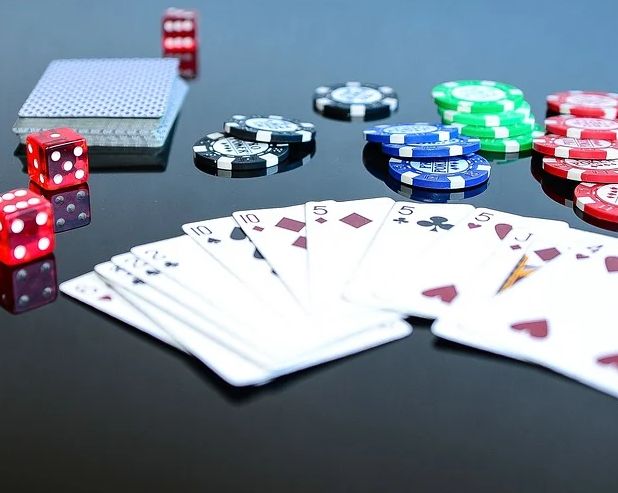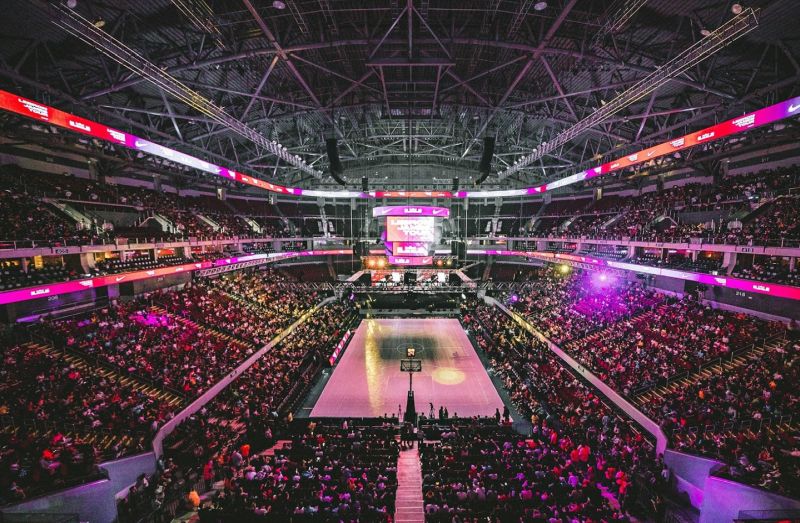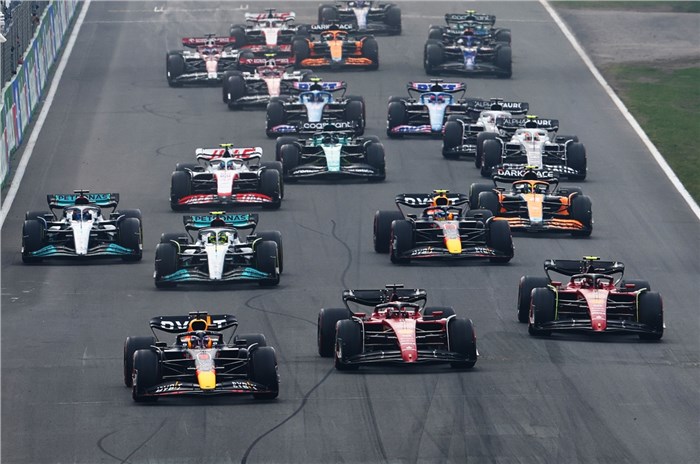Poker odds are the main probability tool you will need to separate yourself from the rookies surrounding you. It comes down to the probability of you winning with the hand you have or the price it offers. The long and short of it is that higher odds will mean a lower chance of winning, which goes to say that large odds will mean a long time before you see any success in your game. They are often based on a potential return on investment.
 This probability should constantly be on your mind, both your odds and your opponents, so it is important that you get the theory nailed down to grow as a poker player.
This probability should constantly be on your mind, both your odds and your opponents, so it is important that you get the theory nailed down to grow as a poker player.
Read our guide to understanding poker odds and watch how soon you find you are winning more at tables.
How to calculate odds
There is a simple formula available that can take a lot of the hard work out of figuring out odds. All you have to do is count how many outs you have. You can learn odds by studying the theory and trying theoretical hands against the GGPoker.com odds calculator.
Calculating odds comes down to counting outs. Outs are any cards that can help you complete your hand. With 52 cards on the deck, two of those in your hand and two in your opponents, plus an additional four cards revealed in the flop and turn, that will leave you with 37 unseen cards, nine of which are cards that can help you, or outs.
To use an example, if you have a flush, there are 13 suited cards, there are two on the board, two in your hand, leaving nine outs. You have to times that number by four to get the odds of you hitting on the turn and two on the river, coming to roughly 40% and 20% respectively.
But there are a few more points to remember. Like, when you have a half pot bet, you get 3:1 odds, so you will need more than 25% equity to call, or with a 3/4 pot bet you have 7:3 pot odds and need 30% to call. With a full pot you get 2:1 odds and so you’ll need 33% equity and with a 2x pot bet you have 3:2 pot odds and you need 40% equity to call.
Implied odds
Implied odds depend on the size of the current pot and the pot that you expect to win. This is important to remember because sometimes the pot doesn’t lay the right odds when you decide to play. You will likely be anticipating winning more when you hit your hand.
Implied odds are a spanner in the works for your plans. For example, if you’re playing Limit Hold’em and your opponent bets twenty dollar into an eighty dollar pot and you think you have pot odds of 5-1, risking $20 to win $100, your implied odds are more likely to be 6:1 or 7:1 if you are expecting your opponent to call a bet or maybe raise on the river when you make your hand.
When to call
Poker odds are crucial in your decision on whether to call or not. If your hand is headed towards a straight or a flush, you’ll find yourself wondering whether to call or not and calculating your odds is the easiest way to get there.
The first step is to count your outs, which will lead you to calculating how often you will hit your draw. It is the same process as before and you will soon develop a quicker nature of figuring it out, like everyday converting inches into centimeters.






























.png?v=1.014689135)





